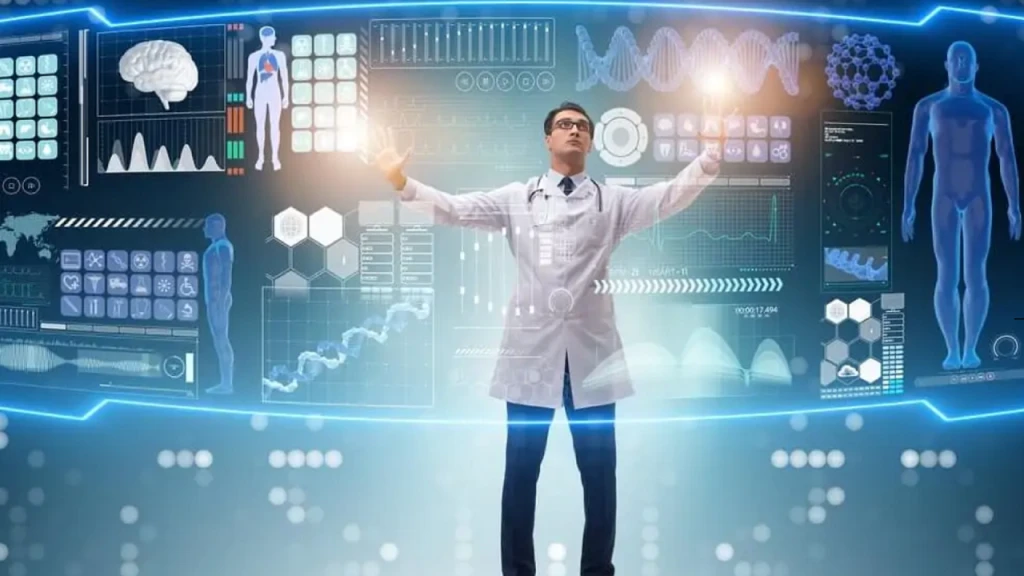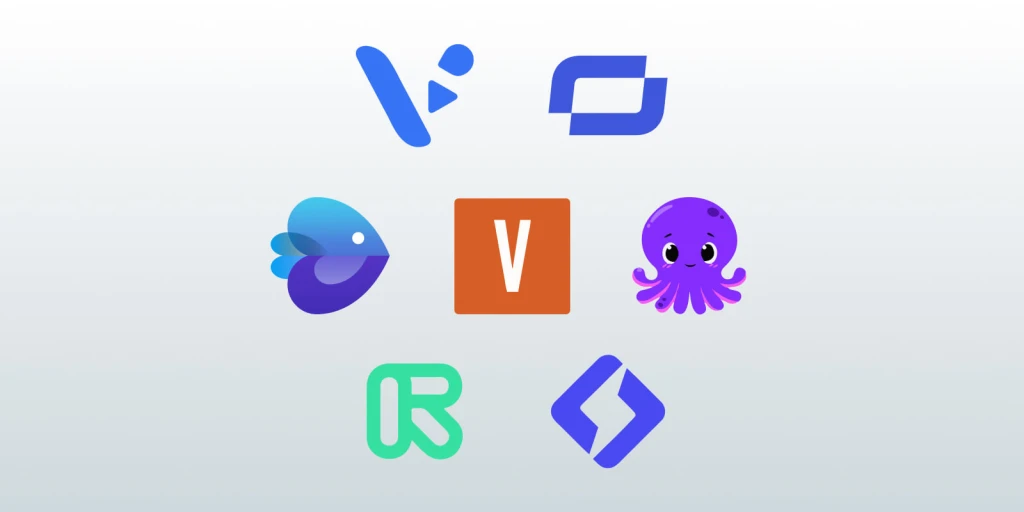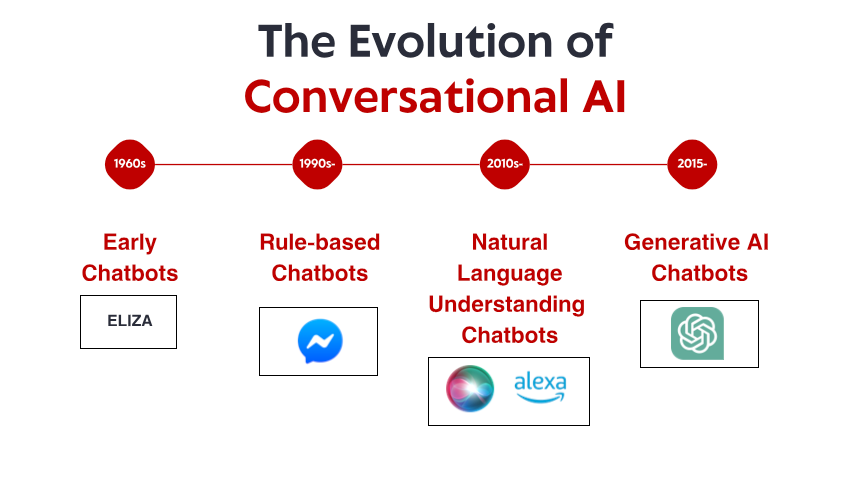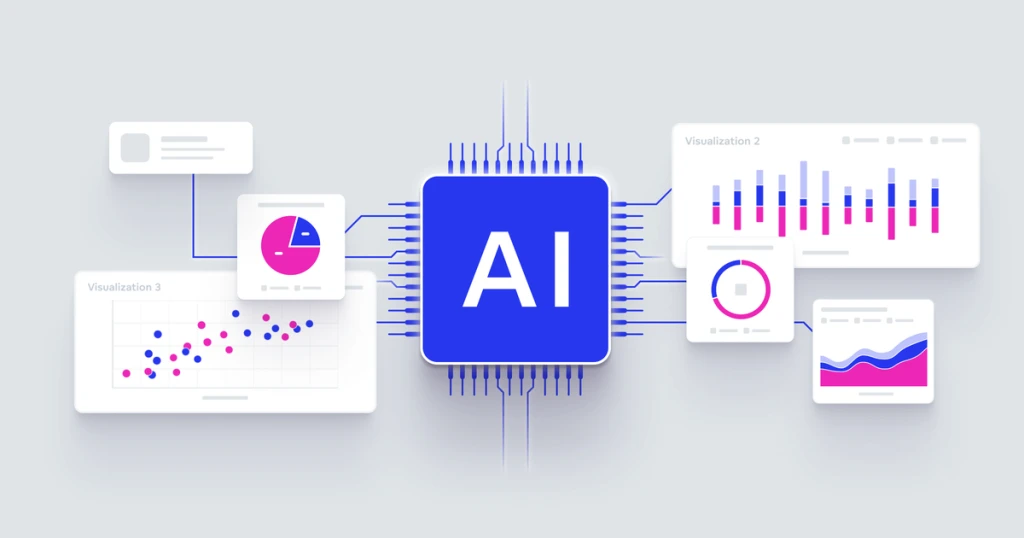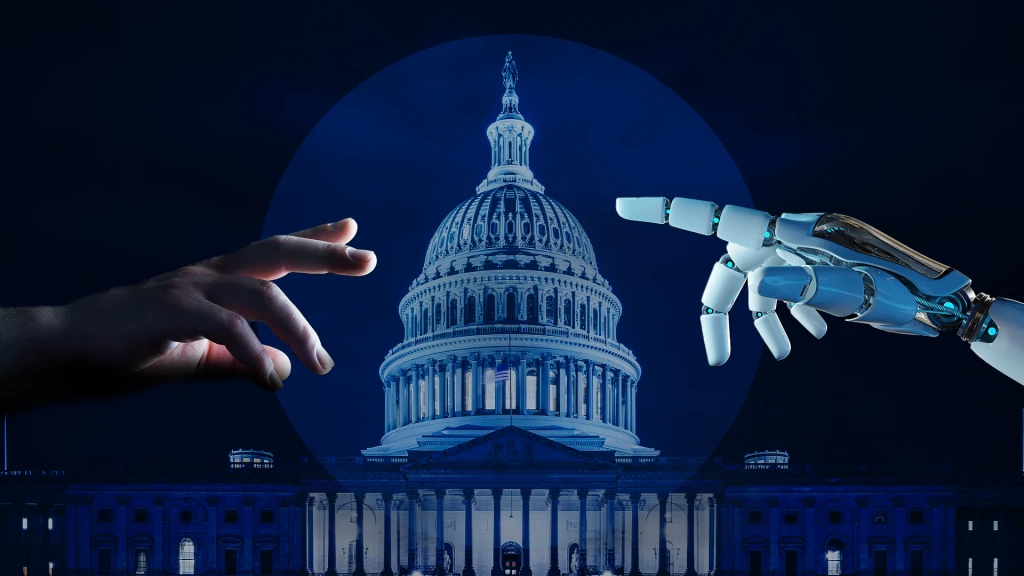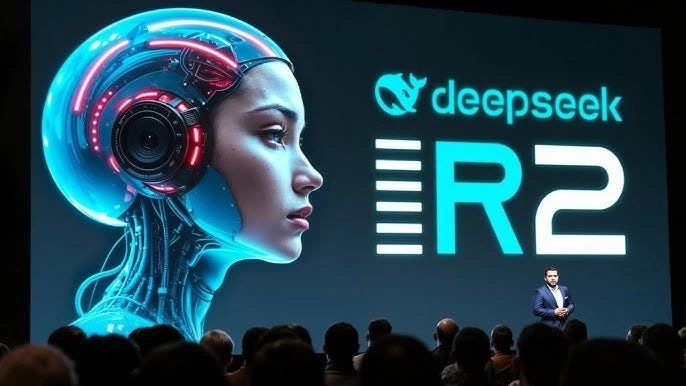Test AI on YOUR Website in 60 Seconds
See how our AI instantly analyzes your website and creates a personalized chatbot - without registration. Just enter your URL and watch it work!
1. Introduction: AI’s Growing Role in Healthcare
But what does the future hold for AI in healthcare? This blog explores how AI is reshaping personalized medicine, predictive analytics, and patient treatment, while addressing ethical concerns and future innovations.
2. How AI is Revolutionizing Personalized Medicine
1. AI-Powered Genomic Medicine
AI analyzes genomic data to identify disease risks and recommend personalized treatments.
AI-driven genetic screening can detect inherited diseases and rare disorders more accurately.
Drug development is enhanced through AI-assisted target identification and biomarker discovery.
2. Predictive Diagnostics and Early Disease Detection
AI-powered imaging tools improve cancer detection through radiology scans and pathology reports.
Machine learning models analyze patient health records to predict disease onset.
AI assists in identifying Alzheimer’s, diabetes, and cardiovascular diseases at earlier stages.
3. AI-Guided Drug Discovery and Development
AI accelerates pharmaceutical research by predicting how molecules interact.
AI-driven simulations help reduce clinical trial costs and timeframes.
AI models personalize drug prescriptions based on patient responses.
3. AI in Clinical Decision Support and Treatment Optimization
1. AI-Powered Clinical Decision Support Systems (CDSS)
AI algorithms analyze real-time patient data to provide decision-making insights.
AI-powered assistants support doctors with diagnosis recommendations and treatment plans.
AI enhances triage systems in emergency care, prioritizing critical cases.
2. AI in Surgery and Robotics
Robotic-assisted surgery powered by AI ensures greater precision and minimal invasiveness.
AI-driven robots assist surgeons in complex procedures with real-time feedback.
AI helps predict surgical outcomes and recovery times, improving patient safety.
3. AI in Chronic Disease Management
AI-powered wearables monitor heart rate, glucose levels, and physical activity.
AI helps patients with diabetes, hypertension, and respiratory conditions manage their health remotely.
AI chatbots provide real-time medical advice and mental health support.
4. The Ethical and Privacy Concerns of AI in Healthcare
1. Patient Data Privacy and Security Risks
AI relies on large-scale medical data, raising concerns about patient confidentiality.
Hospitals must ensure compliance with HIPAA, GDPR, and data protection laws.
AI systems must be secured against cyber threats to prevent unauthorized access to medical data.
2. Bias in AI Algorithms and Healthcare Disparities
AI models trained on biased datasets may lead to discriminatory medical decisions.
AI must be tested for fairness and inclusivity across different populations.
Human oversight is essential to prevent misdiagnosis due to AI errors.
3. The Role of Human Doctors in an AI-Driven Future
AI should be an assistive tool, not a replacement for human medical professionals.
Ethical AI implementation must ensure human doctors remain the primary decision-makers.
AI-driven automation should enhance, not compromise, patient-doctor relationships.
5. The Future of AI in Healthcare: What’s Next?
1. AI-Powered Smart Hospitals
AI-driven hospital management will reduce wait times, optimize resource allocation, and improve patient flow.
AI chatbots will handle appointment scheduling and patient inquiries.
2. AI in Telemedicine and Remote Patient Monitoring
AI will enhance virtual consultations, allowing real-time diagnosis and remote care.
AI-powered wearable devices will provide continuous health monitoring.
3. AI-Driven Global Health Solutions
AI will assist in pandemic prediction, vaccine development, and infectious disease tracking.
AI-powered systems will improve healthcare accessibility in developing nations.
6. Conclusion: AI as the Future of Healthcare
By integrating AI responsibly and ensuring ethical data practices, the healthcare industry can unlock the full potential of AI, paving the way for a future where medicine is smarter, more accessible, and truly personalized for every patient.
